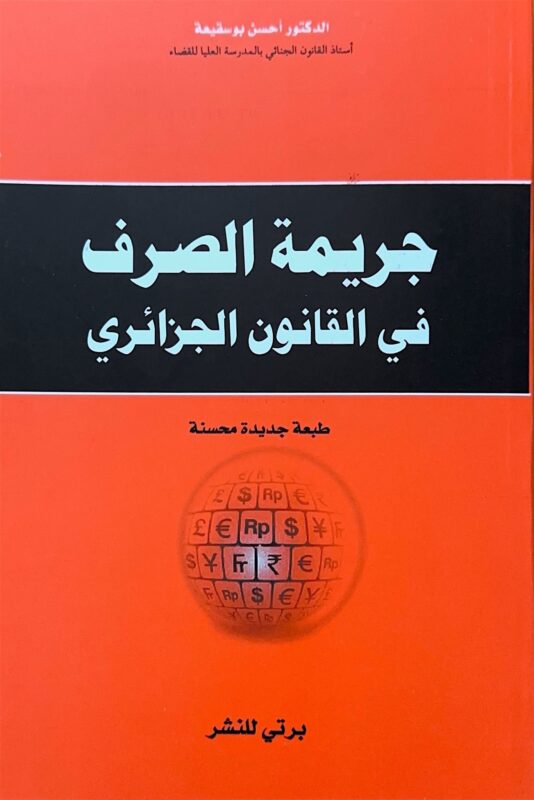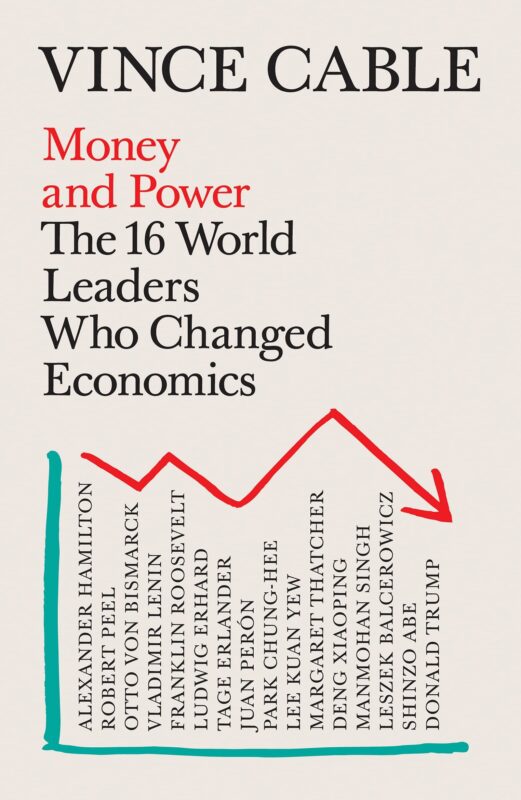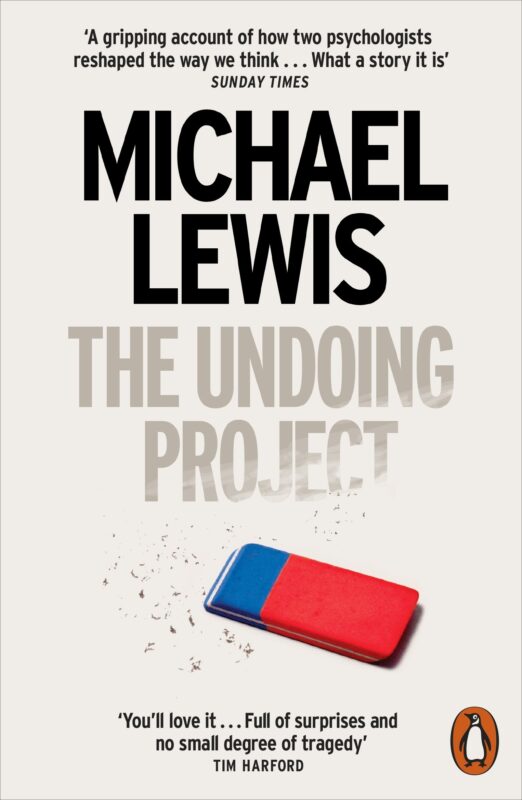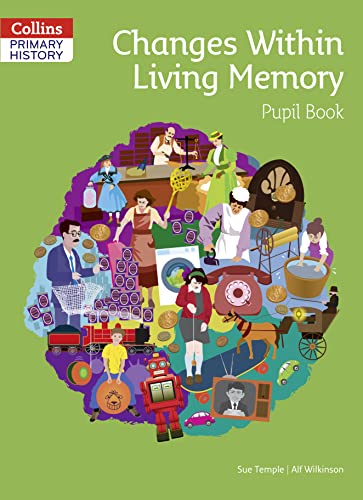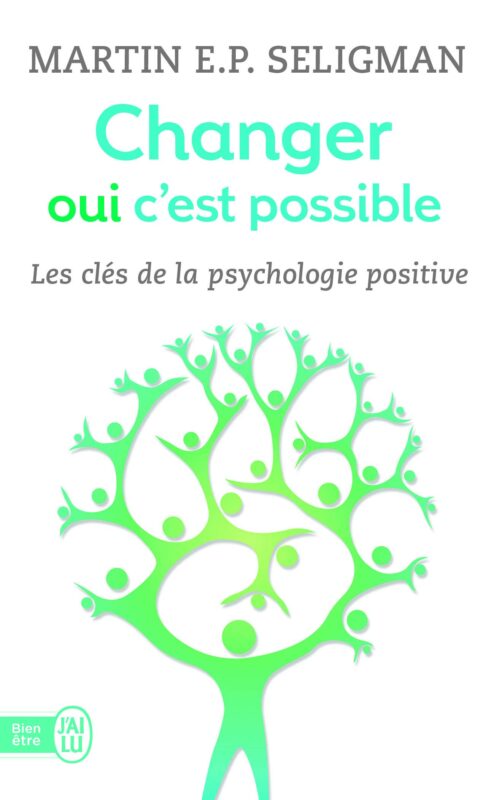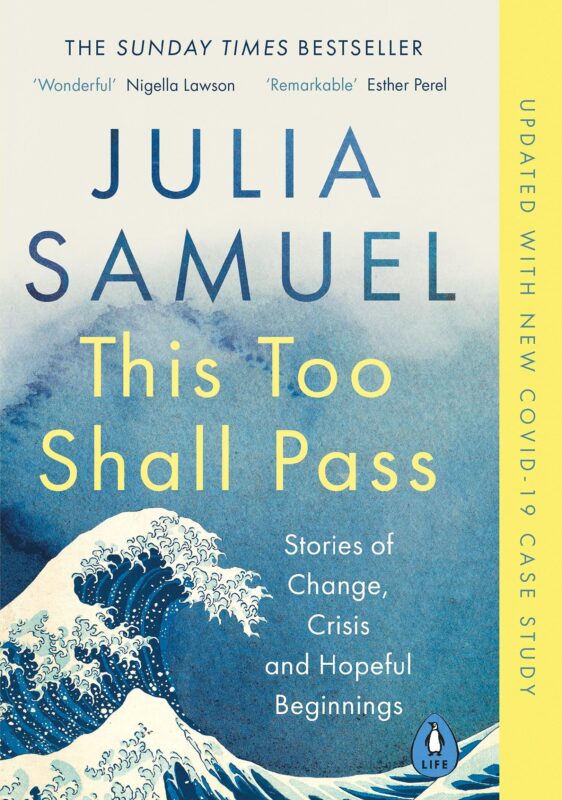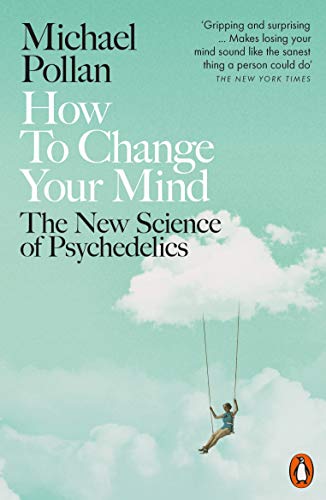Search Results for: exchange
Infraction de change dans le droit algérien-Ar- جريمة الصرف في القانون الجزائري
ISBN : 9789961693797
Money and Power: The World Leaders Who Changed Economics
Through economics, our politicians have the power to transform people's lives for better or worse. Think Deng Xiaoping who lifted millions out of poverty by opening up China: Franklin D Roosevelt whose 'New Deal' helped the USA break free of the Great Depression. Or Peron and his successors in Argentina who brought the country to the brink of ruin. In this magisterial history, economist and politician Vince Cable examines the legacy of 16 world leaders who transformed their countries' economic fortunes and who also challenged economic convention. From Thatcher to Trump, from Lenin to Bismarck, Money and Power provides a whole new perspective on the science of government. Examining the fascinating interplay of economics and politics, this is a compelling journey through some of the most significant people and events of the last 300 years.
THE UNDOING PROJECT : A FRIENDSHIP THAT CHANGED THE WORLD
Bestselling author Michael Lewis examines how a Nobel Prize–winning theory of the mind altered our perception of reality.Forty years ago, Israeli psychologists Daniel Kahneman and Amos Tversky wrote a series of breathtakingly original studies undoing our assumptions about the decision-making process. Their papers showed the ways in which the human mind erred, systematically, when forced to make judgments about uncertain situations. Their work created the field of behavioral economics, revolutionized Big Data studies, advanced evidence-based medicine, led to a new approach to government regulation, and made much of Michael Lewis’s own work possible. Kahneman and Tversky are more responsible than anybody for the powerful trend to mistrust human intuition and defer to algorithms.The Undoing Project is about the fascinating collaboration between two men who have the dimensions of great literary figures. They became heroes in the university and on the battlefield―both had important careers in the Israeli military―and their research was deeply linked to their extraordinary life experiences. In the process they may well have changed, for good, mankind’s view of its own mind.
Collins Primary History – Changes Within Living Memory Pupil Book
Collins Primary History provides a rich coverage of the Primary National Curriculum for History. Packed with information, source materials, questions and activities, the beautifully designed pupil books support children to explore, interpret and develop knowledge of significant historical periods. The accompanying Teachers Guide provides planning support and guidance on making progress in history.
Changer, oui, c’est possible: Travailler ses forces, accepter ses limites
Si vous souffrez de dépression, d'angoisses, de stress, de surpoids, de phobies ou d'addictions, vous apprendrez ici les meilleures techniques et stratégies étudiées scientifiquement pour vaincre ou soulager vos difficultés. Martin Seligman est l'éminent chef de file d'un courant innovant de la psychologie : la psychologie positive, qui s'intéresse à ce qui rend les gens heureux. Selon le célèbre chercheur, pour amorcer un changement réel et positif dans nos vies, il est essentiel de mieux se connaître, d'accepter ses limites et de prendre la responsabilité de ce que nous pouvons changer. Un livre qui restaure la confiance en soi et notre aptitude au bonheur. From the Back Cover Si vous souffrez de dépression, d'angoisses, de stress, de surpoids, de phobies ou d'addictions, vous apprendrez ici les meilleures techniques et stratégies étudiées scientifiquement pour vaincre ou soulager vos difficultés. Martin Seligman est l'éminent chef de file d'un courant innovant de la psychologie : la psychologie positive, qui s'intéresse à ce qui rend les gens heureux. Selon le célèbre chercheur, pour amorcer un changement réel et positif dans nos vies, il est essentiel de mieux se connaître, d'accepter ses limites et de prendre la responsabilité de ce que nous pouvons changer. Un livre qui restaure la confiance en soi et notre aptitude au bonheur. About the Author Chercheur en psychologie et professeur à l'université de Pennsylvanie, Martin E.P. Seligman a été président de l'" American Psychological Association " en 1998, mandat au cours duquel il a permis à la psychologie positive d'accéder au rang de discipline scientifique. Il est spécialiste de la résilience, de la dépression et de l'optimisme et figure parmi les cent psychologues les plus éminents du XXe siècle.
This Too Shall Pass: Stories of Change, Crisis and Hopeful Beginnings
One of the most valuable books I've ever read' Adwoa Aboah______________________________________________________________________________________If change is the natural order of things, why do we struggle with the huge milestones in our lives?At a time when even the most certain things feel disrupted, acclaimed psychotherapist Julia Samuel provides an antidote to the chaos we are all feeling. In this Sunday Times bestseller, Julia draws on hours of conversations with her patients to show how we can learn to adapt and even thrive during our most difficult and transformative experiences.From a new mother struggling with the decision to return to work, to a father handling a serious medical diagnosis, from a woman deciding whether to leave her husband for a younger lover, to a man struggling to repair his marriage after the trauma of suffering with COVID-19 in the ICU, this book unflinchingly deals with the hard times in family, love, work, health and identity.Illuminated by the latest social and psychological research, these 19 powerful, unforgettable and deeply intimate stories about everyday people will inform our understanding of our own unique response to change and improve the way we approach challenges at every stage of life.______________________________________________________________________________________'Examines the power that comes from dealing effectively with change' Elizabeth Day
La connaissance par le changement : l’évolution de la thérapie stratégique brève
La connaissance par le changement est un ouvrage magistral qui représente laboutissement de deux décennies davancées en psychothérapie. Le Professeur Nardone et ses collègues, par leur approche novatrice de la thérapie stratégique brève, ont développé des protocoles de traitement particulièrement efficaces pour les pathologies les plus problématiques. Quil sagisse danorexie, de troubles obsessionnels compulsifs, de paranoïa, de problèmes relationnels ou denfants difficiles, leurThérapie Brève Stratégique sest avérée plus efficace que les meilleures psychothé- rapies actuellement pratiquées. Cette approche impliquede se servir de la logique du patient afin de laider à surmonter sesproblèmes, à se libérer daffections durables et de sa dépendance auxtraitements médicamenteux. A linstar des arts martiaux, la thérapie stratégique brève utilise, au travers du Dialogue Stratégique , la résistance du patient pour vaincre les psychopathologies les plus tenaces. Lemploi de ces techniques entraîne des modifications spectaculairesdès la première ou la seconde séance, même dans le cas de patients présentant des symptômes persistants après des années de thérapie traditionnelle associée à un traitement médicamenteux. Le traitement completdure en moyenne de 10 à 15 séances. Cette approche est clairement présentée et les protocoles suffisamment structurés pour permettre aux thérapeutes de se les approprier et de les appliquer fidèlement et de façon reproductible à des cas spécifiques, tout en restant assez souplespour pouvoir être adaptés à pratiquement tous les types de problèmes.La parution de «La connaissance par le changement» est un événement majeur dans le domaine de la psychothérapie et cest un ouvrage que chaque psychothérapeute avisé se devrait de lire pour devenir durablementefficace dans le traitement des maladies mentales.
How to Change Your Mind: The New Science of Psychedelics
The No.1 New York Times Bestseller'Gripping and surprising ... Pollan makes losing your mind sound like the sanest thing a person could do' The New York Times Book ReviewCould psychedelic drugs change our worldview? Join Michael Pollan on a journey to the frontiers of the human mind.Diving deep into an extraordinary world - from shamans and magic mushroom hunts to the pioneering labs mapping our brains - and putting himself forward as a guinea-pig, Michael Pollan has written a remarkable history of psychedelics and a compelling portrait of the new generation of scientists fascinated by the implications of these drugs. How to Change Your Mind is a report from what could very well be the future of consciousness.'A sweeping and often thrilling chronicle of the history of psychedelics, all interwoven with Pollan's adventures as a psychedelic novice. This is a serious work of history and science, but also one in which the author, under the influence of toad venom, becomes convinced he's giving birth to himself' Oliver Burkeman, Guardian'A mind-altering book ... full of transformations' Richard Godwin, Evening Standard'An irresistible blend of history, research and personal experience. In terms of the psychedelic wave, the book is the big kahuna, the Big Bang moment for a movement that is gathering force' John McKenna, Irish Times'Entertaining and engrossing' Paul Laity, Financial Times'Deeply absorbing, wise and beautifully written' Mick Brown, Literary Review'An astounding book' Andrew Sullivan, New York Magazine
How To Change Your Mind: The New Science Of Psychedelics
The No.1 New York Times Bestseller'Gripping and surprising ... Pollan makes losing your mind sound like the sanest thing a person could do' The New York Times Book ReviewCould psychedelic drugs change our worldview? Join Michael Pollan on a journey to the frontiers of the human mind.Diving deep into an extraordinary world - from shamans and magic mushroom hunts to the pioneering labs mapping our brains - and putting himself forward as a guinea-pig, Michael Pollan has written a remarkable history of psychedelics and a compelling portrait of the new generation of scientists fascinated by the implications of these drugs. How to Change Your Mind is a report from what could very well be the future of consciousness.'A sweeping and often thrilling chronicle of the history of psychedelics, all interwoven with Pollan's adventures as a psychedelic novice. This is a serious work of history and science, but also one in which the author, under the influence of toad venom, becomes convinced he's giving birth to himself' Oliver Burkeman, Guardian'A mind-altering book ... full of transformations' Richard Godwin, Evening Standard'An irresistible blend of history, research and personal experience. In terms of the psychedelic wave, the book is the big kahuna, the Big Bang moment for a movement that is gathering force' John McKenna, Irish Times'Entertaining and engrossing' Paul Laity, Financial Times'Deeply absorbing, wise and beautifully written' Mick Brown, Literary Review'An astounding book' Andrew Sullivan, New York Magazine
THE UNDOING PROJECT : A FRIENDSHIP THAT CHANGED THE WORLD
Bestselling author Michael Lewis examines how a Nobel Prize–winning theory of the mind altered our perception of reality.Forty years ago, Israeli psychologists Daniel Kahneman and Amos Tversky wrote a series of breathtakingly original studies undoing our assumptions about the decision-making process. Their papers showed the ways in which the human mind erred, systematically, when forced to make judgments about uncertain situations. Their work created the field of behavioral economics, revolutionized Big Data studies, advanced evidence-based medicine, led to a new approach to government regulation, and made much of Michael Lewis’s own work possible. Kahneman and Tversky are more responsible than anybody for the powerful trend to mistrust human intuition and defer to algorithms.The Undoing Project is about the fascinating collaboration between two men who have the dimensions of great literary figures. They became heroes in the university and on the battlefield―both had important careers in the Israeli military―and their research was deeply linked to their extraordinary life experiences. In the process they may well have changed, for good, mankind’s view of its own mind.
